
Today's
Australian newspaper has the first Newspoll to measure public attitudes
towards a possible Australian republic in four years, and the
trendlines are not good for the republicans.
I've covered the value of Newspoll here before - for the benefit of non-psephologists, Newspoll is regarded by Australia's political class the gold standard for polling, similar to ICM in the UK. It has also been around for a long time so it is able to give us an accurate long-term view.
The poll
suggests that republican support is at its lowest level in 17 years
with headline figures of 41 republic, 39 monarchy, 20 undecided.
To
those of us that read The Monarchist, that might sound pretty bleak.
But to Australian constitutionalists fighting the good fight, these are
the best non-referendum figures we've had in nearly twenty years. How?
Look at these figures from past Newspolls in August 1999 (before the referendum campaign), 2002 and 2006. Remember that Newspoll is the gold standard for Australian politicos (who are largely republican).
The
split in the November 1999 referendum was 55-45 to No. Yet just a few
months before the referendum, the August 1999 poll suggested that 51%
preferred an in-principle republic. The actual referendum result
suggests that virtually all undecideds and some in-principle republicans
unhappy with the republican model proposed, voted No.
If
we apply that same rough "guesstimate" formula to a theoretical 2011
referendum, the No vote would probably be 60%+, and would probably kill
modern republicanism as a meaningful issue in Australia, unless
something prompted it to rise up again.
The
other clear subset shifting their views on this question via these polls
are Coalition (conservative) voters. Opposition to a republic amongst
these voters is rising rapidly. The laws of Australian political
science dictate that a referendum needs virtually unanimous organised
political support to succeed here. Having one side of politics
hardening its opposition to a republic is a sure-fire way to secure its
defeat.
One final comment - many Australian
republicans hope that Prince Charles' accession to the throne will be a
"silver bullet" to aid the republicans and revive their support.
Today's poll projects that republican support would rise were Charles to
be king. But even then, the republicans would still be behind where
they were in the polls in August 1999, just three months before the
referendum. And we know how the referendum ended. Even if attitudes to
Charles don't change after he becomes king (and I think they will -
considerably) his reign won't be enough to see the end of the monarchy.
William's impact is a little unclear, but his succession would see more
young people and Labor voters support the monarchy. Who would have
thought that the Australian Labor Party was a hotbed of Spencerphile
English nativist restoration?
My conclusion
about this poll? While it still suggests that slightly more Australians
are prepared to voice support for an in-theory republic than the
monarchy, nowhere near enough Australians care enough to make Australia a
republic. Attitudes to the status quo are warming, and have done so
for a decade. There's some measurable scepticism about Charles'
suitability to be king but it's nowhere near enough to secure sufficient
support in a referendum.
After reading this poll, I'm very confident in predicting we'll be seeing royal tours in Australia for a very long time to come.


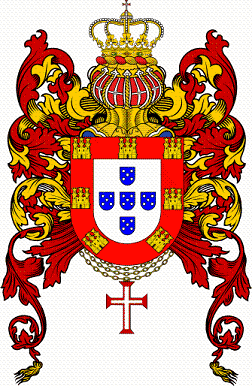






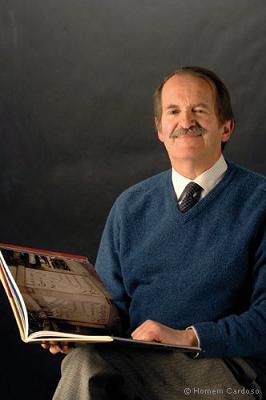


-JM.jpg)
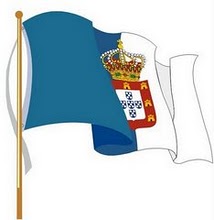
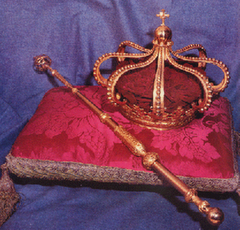
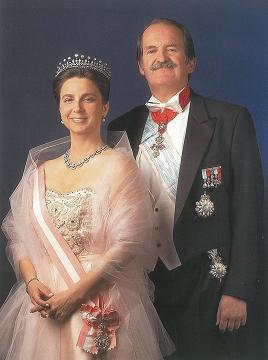
















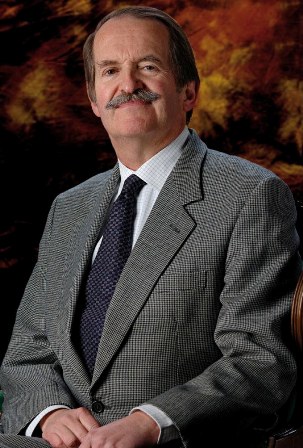
.jpg)
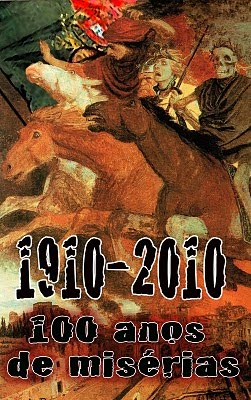


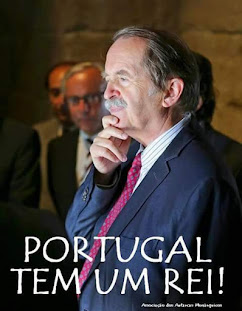




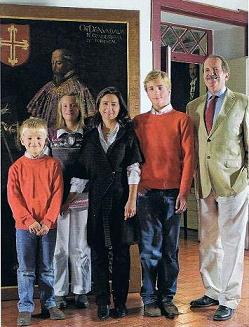
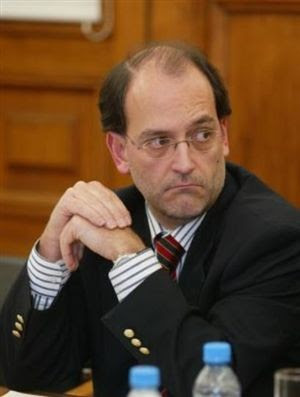
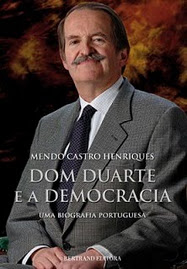
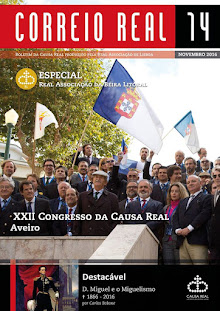



.jpg)








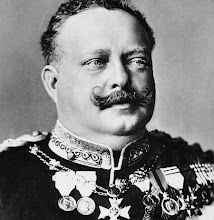












































Sem comentários:
Enviar um comentário